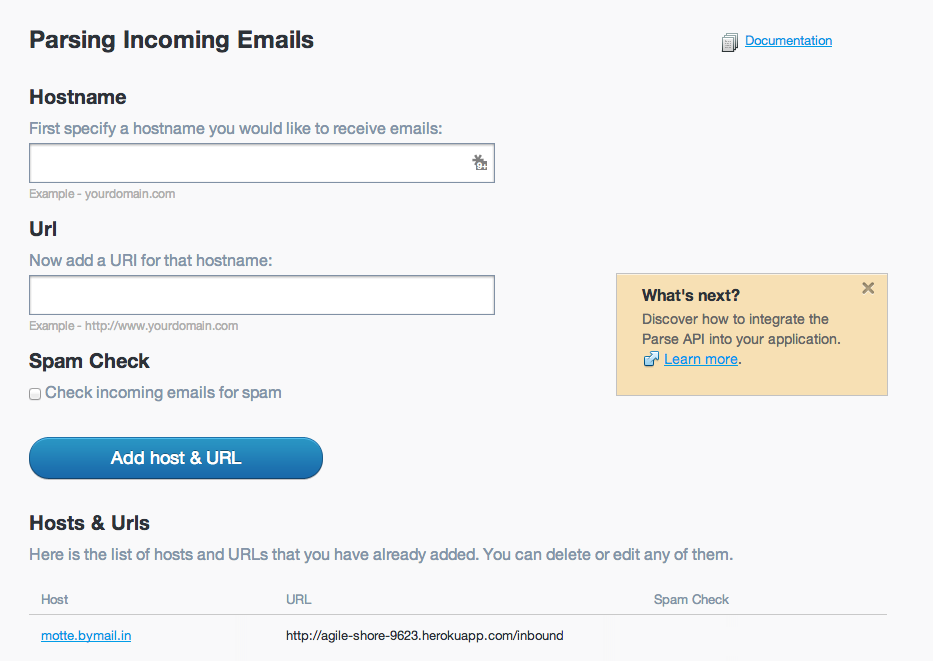
Security News
Rspack Introduces Rslint, a TypeScript-First Linter Written in Go
Rspack launches Rslint, a fast TypeScript-first linter built on typescript-go, joining in on the trend of toolchains creating their own linters.

Programmatically add hosts & url settings to SendGrid's parse incoming email settings (/developer/reply).
Developerreply.username = "your_sendgrid_username"
Developerreply.password = "your_sendgrid_password"
Developerreply.create({hostname: "domain.com", url: "http://webhook.com/wherever"})
This will programmatically add to your list of parse incoming email settings. Example:

Add this to your application's Gemfile.
gem 'developerreply'
And then execute.
bundle
Or install yourself as:
gem install developerreply
Then in your application initialize the gem.
Developerreply.username = "your_sendgrid_username"
Developerreply.password = "your_sendgrid_password"
bundle install --binstubs=bin
export SENDGRID_USERNAME=yourusername
export SENDGRID_PASSWORD=yourpassword
bin/rspec
You first need to request access from scottmotte.
gem build developerreply.gemspec
gem push developerreply-0.0.1.gem
FAQs
Unknown package
We found that developerreply demonstrated a not healthy version release cadence and project activity because the last version was released a year ago. It has 1 open source maintainer collaborating on the project.
Did you know?

Socket for GitHub automatically highlights issues in each pull request and monitors the health of all your open source dependencies. Discover the contents of your packages and block harmful activity before you install or update your dependencies.

Security News
Rspack launches Rslint, a fast TypeScript-first linter built on typescript-go, joining in on the trend of toolchains creating their own linters.

Security News
Hacker Demonstrates How Easy It Is To Steal Data From Popular Password Managers

Security News
Oxlint’s new preview brings type-aware linting powered by typescript-go, combining advanced TypeScript rules with native-speed performance.